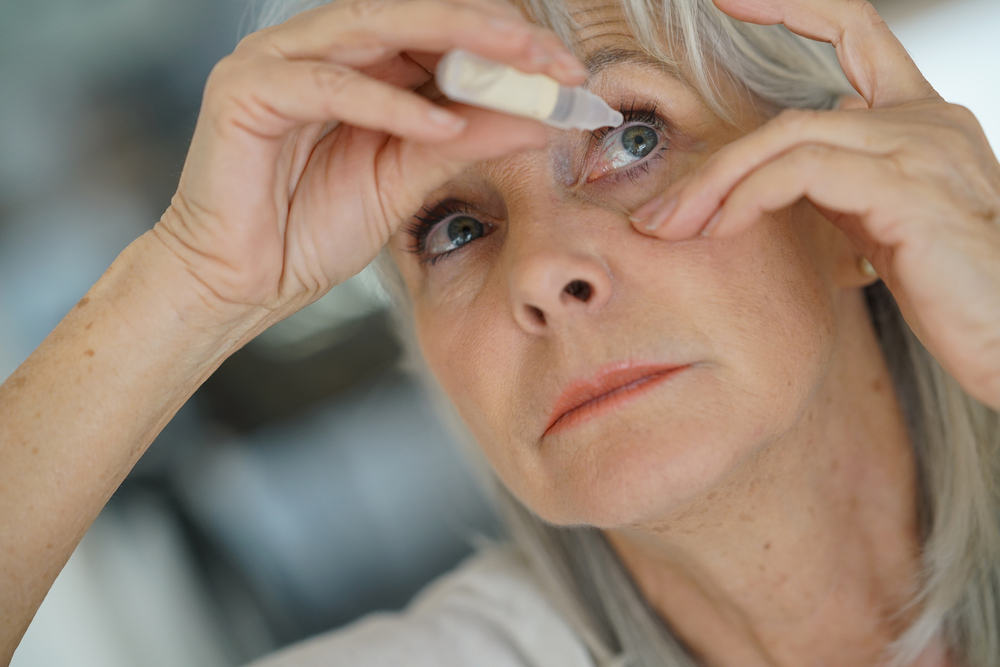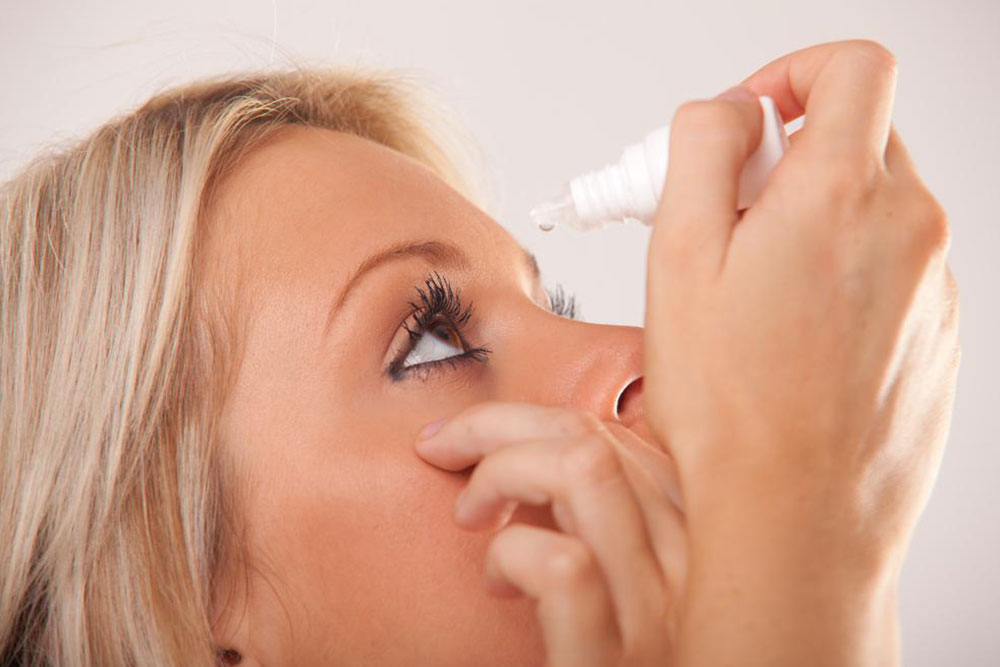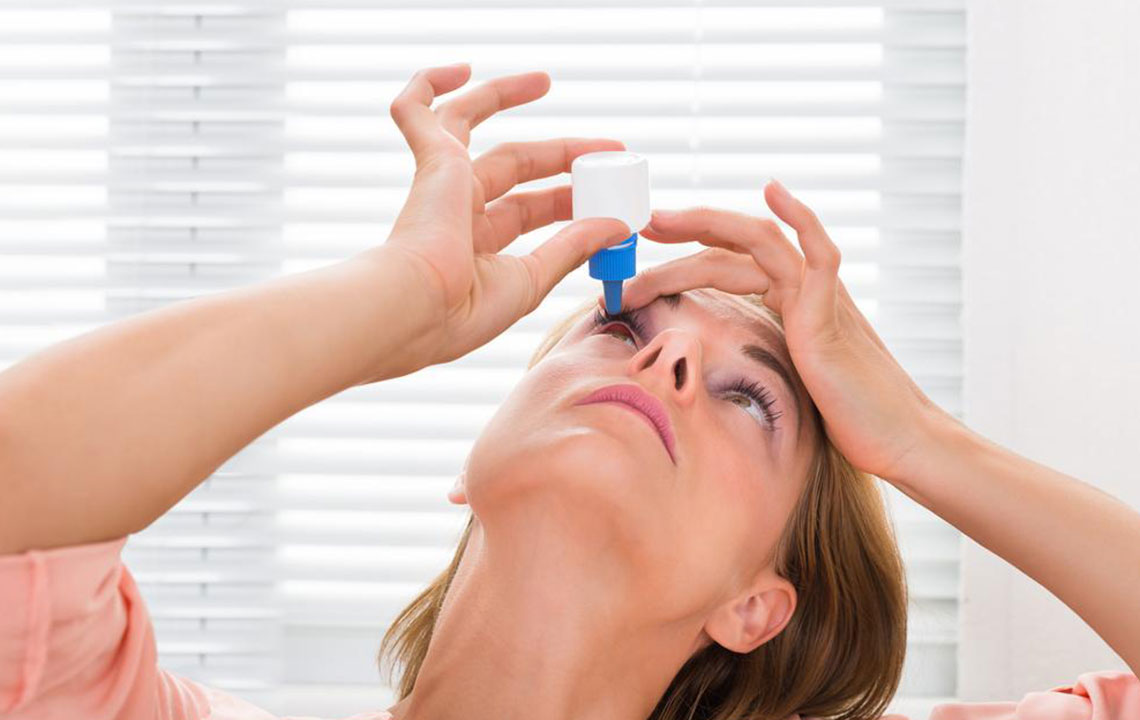Understanding the Factors Behind Dry Eye Disorder
Dry eye syndrome results from multiple causes including aging, hormonal changes, autoimmune diseases, and previous eye surgeries. Symptoms include burning, redness, and irritation, significantly impacting daily life. Treatment varies depending on the underlying reason, with most cases manageable through medical intervention. Recognizing early signs is crucial for effective management and relief.
Sponsored

Understanding the Causes of Dry Eye Disorder
Dry eye syndrome occurs when there isn't enough moisture on the eye's surface, often due to malfunction of tear-producing glands. This results in discomfort, irritation, and interference with daily activities. Symptoms include burning, redness, eyelid ache, sensitivity to light, and watery eyes as a response to irritation. Multiple factors can contribute, typically in combination rather than alone. Addressing dry eye involves various treatment options tailored to the underlying causes.
Indicators of Chronic Dry Eye
Burning, stinging, or scratchy sensations in the eyes
Presence of stringy fluid around the eyes
Light sensitivity
Redness of the eyes
Persistent feeling of something in the eyes
Difficulty wearing contact lenses
Night driving challenges
Watery eyes as a reflex to irritation
Blurred vision or eye fatigue
Aging and Dry Eye
Higher prevalence in older adults
Approximately 30% of those over 50 experience dry eye
Reduced tear production and less effective eyelid spreading with age
Possible duct blockages or inflammation
Generally manageable and treatable
Hormonal Influence on Dry Eyes
Hormonal fluctuations impact tear production
Postmenopausal women often have decreased tear secretion
Pregnancy and hormone therapies can contribute
Autoimmune Conditions and Dry Eye
Conditions like Sjogren’s syndrome, lupus, or rheumatoid arthritis impact tear and saliva glands
Sjögren’s syndrome involves immune attacks on tear and saliva-producing organs
Imbalances in tear composition can cause dryness
Thyroid diseases like Graves’ disease may also result in dry eyes
Impact of Eye Surgery on Dry Eye
Laser surgeries can temporarily impair tear production
Nerve damage during procedures may reduce gland signals
This typically lasts a few months but can sometimes extend






